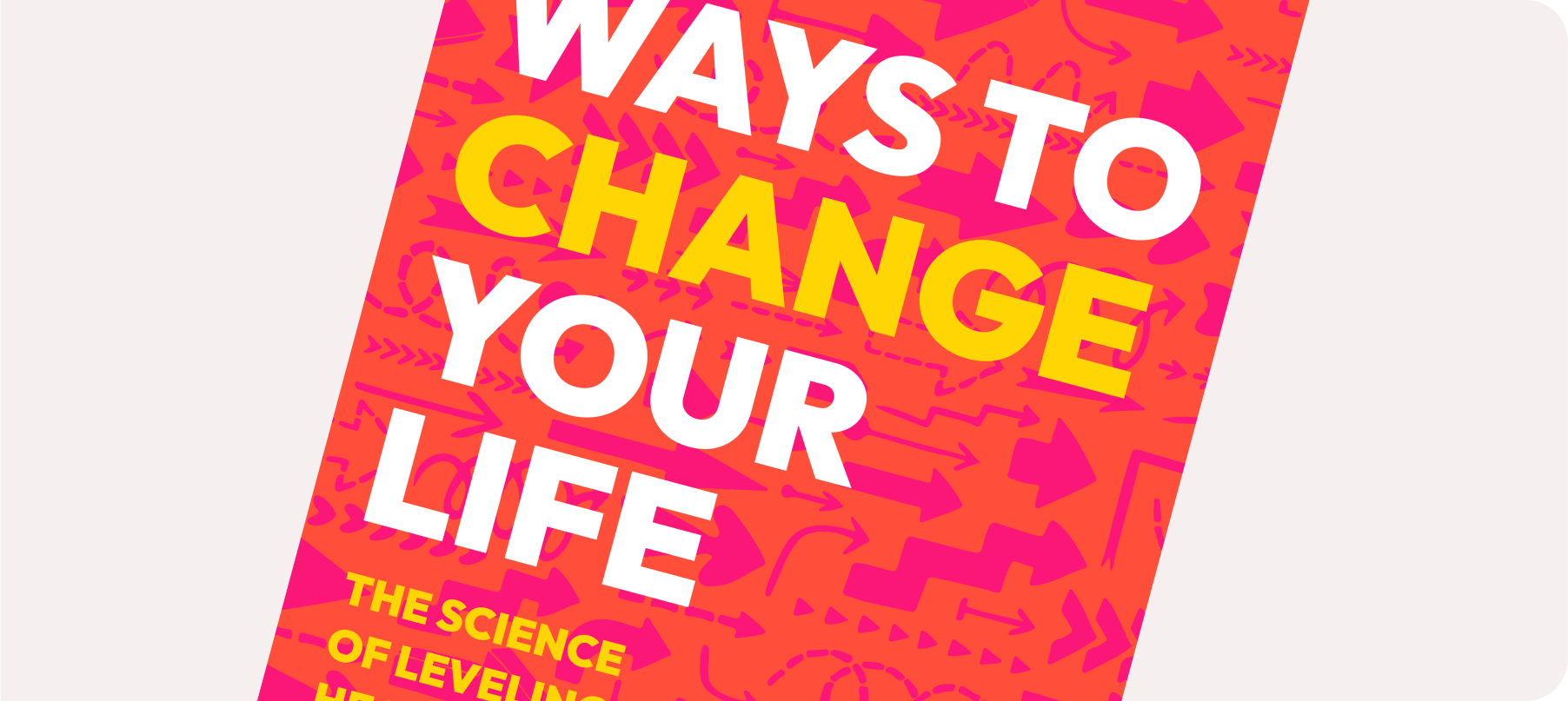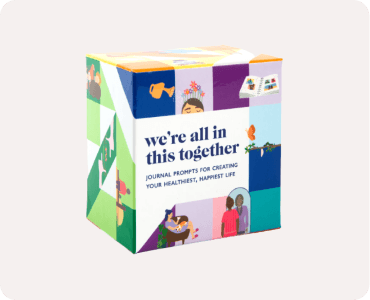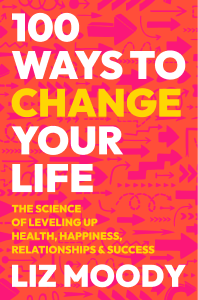Friendship coach & author Danielle Bayard Jackson provides solutions for difficult friendship problems, discusses how to make more friends, gives advice for repairing drifting friendship, and more.
In this episode of the Liz Moody Podcast, bestselling author and journalist Liz Moody welcomes Danielle Bayard Jackson, a friendship expert and coach known for her work on complex friendship dynamics and her book ‘Fighting for Our Friendships.’ The conversation provides practical advice on forging deep connections, navigating friendships through life changes, addressing financial disparities, and recognizing when it’s time for a friendship breakup. The episode also emphasizes the importance of maintaining emotionally safe environments, fostering diverse social circles, and balancing mutual support.
- 00:52 Navigating Tricky Friendship Situations
- 02:44 Making Deep Connections and Avoiding Common Mistakes
- 05:57 The Three Affinities of Female Friendship
- 07:11 Creating Safe Spaces for Vulnerability
- 13:18 Supporting Friends Through Life Changes
- 16:44 Balancing Friendships with Different Life Milestones
- 24:17 Addressing Jealousy and Feeling Forgotten
- 28:50 Signs of One-Sided Friendships
- 29:56 Understanding Reciprocal Friendships
- 35:17 Navigating Financial Differences in Friendships
- 39:57 When to End a Friendship
- 44:55 Handling Group Dynamics and Friend Breakups
- 50:43 Making Couples Friends and Socializing Tips
For more from Danielle, you can find her on Instagram @daniellebayardjackson or online at www.daniellebayardjackson.com. You can find her new book, Fighting for our Friendships: The Science and Art of Conflict and Connection in Women’s Relationships, where books are sold.
To join The Liz Moody Podcast Club Facebook group, go to https://www.facebook.com/groups/thelizmoodypodcast.
Ready to uplevel every part of your life? Order my new book 100 Ways to Change Your Life: The Science of Leveling Up Health, Happiness, Relationships & Success now!
Listen to The Liz Moody Podcast episode How To Have More Fun: Hidden Health Benefits, Becoming A Fun Magnet, & Phone Breakup Tips with Catherine Price.
This episode is sponsored by:
LMNT: go to DrinkLMNT.com/LizMoody to get a free LMNT sample pack with any order.
AG1: visit drinkag1.com/lizmoody and get your FREE year supply of Vitamin D and 5 free travel packs today.
Puori: go to puori.com/LIZMOODY and use promo code LIZMOODY for 20% sitewide.
Cymbiotika: use code LIZMOODY on cymbiotika.com to get 15% off plus free shipping on subscription orders.
Great Lakes Wellness: use code LIZMOODY for 25% off your first purchase at greatlakeswellness.com.
Listen to The Secret Foreplay Technique You Don’t Even Know About on Pillow Talks.
The Liz Moody Podcast cover art by Zack. The Liz Moody Podcast music by Alex Ruimy.
Formerly the Healthier Together Podcast.
This podcast and website represents the opinions of Liz Moody and her guests to the show. The content here should not be taken as medical advice. The content here is for information purposes only, and because each person is so unique, please consult your healthcare professional for any medical questions.
The Liz Moody Podcast Episode 254.







